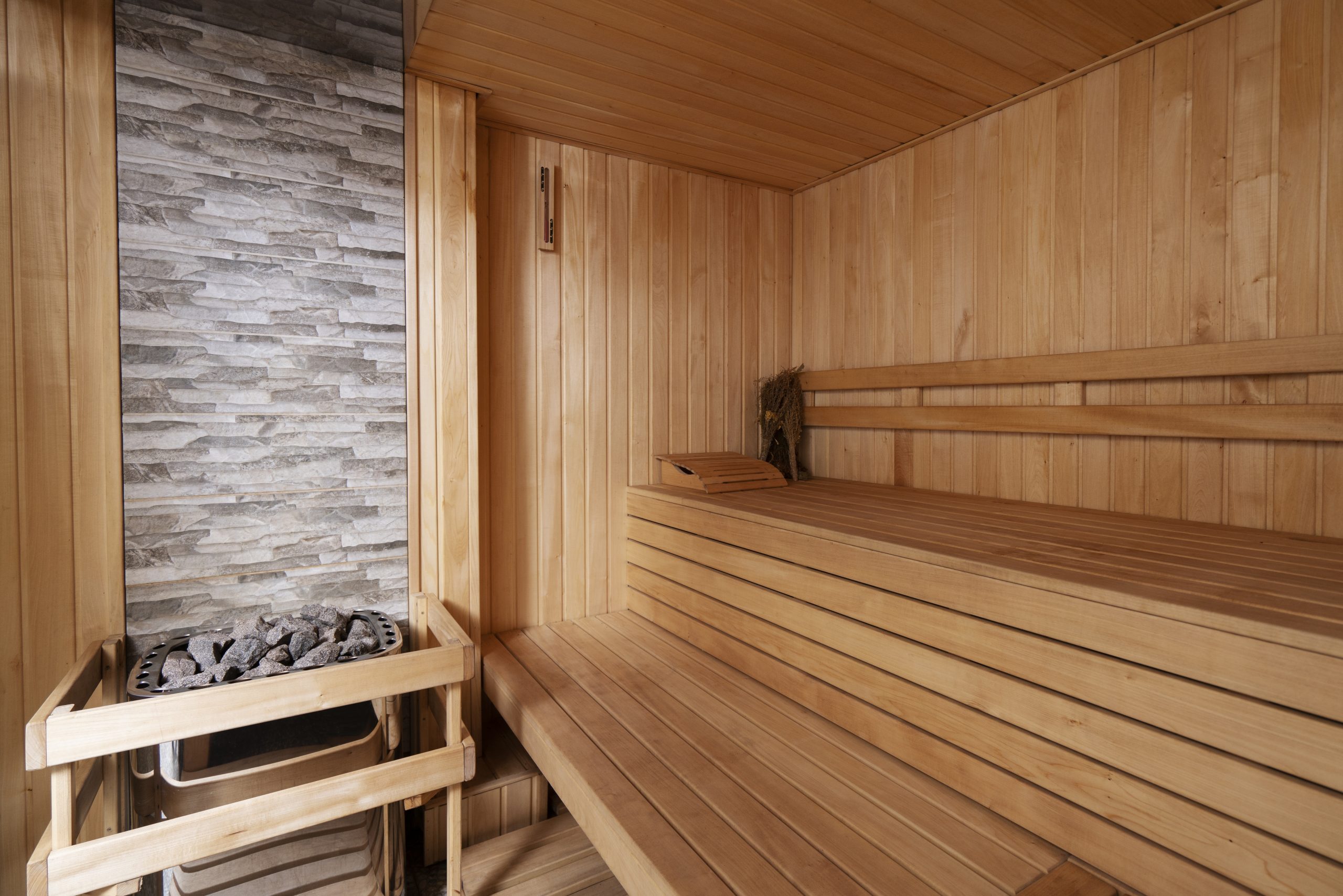
Sauna Weight Loss
Sauna Weight Loss: Separating Fact from Fiction
Saunas have been a part of human culture for centuries, providing relaxation and various health benefits. One such benefit that has garnered significant attention is sauna weight loss. Many people believe that spending time in a sauna can help them shed those extra pounds. But how true is this claim? In this article, we will explore the concept of sauna weight loss, its potential benefits, and the science behind it.
The Sauna Experience
Before delving into the weight loss aspect, let’s understand what a sauna is and how it works. A sauna is a room or small building designed to produce dry or wet heat, typically through the use of heated rocks or steam. Sauna bathing typically involves sitting or lying down in the heated environment, with temperatures ranging from 150°F to 195°F (65°C to 90°C). This practice induces profuse sweating and increases the body’s core temperature.
The Theory Behind Sauna Weight Loss
The idea behind sauna weight loss is that the intense heat causes the body to sweat excessively, leading to a loss of fluids and potentially burning calories. Here’s a breakdown of the key mechanisms people associate with sauna weight loss:
- Sweating: Saunas cause the body to sweat, which results in temporary weight loss due to fluid loss. This loss of fluids can make the scale show a lower number, but it doesn’t equate to burning fat.
- Increased Heart Rate: Sauna use can lead to a temporary increase in heart rate, similar to moderate exercise. This elevated heart rate may burn some additional calories, but the effect is relatively small.
- Relaxation: Some people claim that sauna sessions reduce stress and help curb emotional eating, which can indirectly support weight management.
The Science of Sauna Weight Loss
While saunas offer various health benefits, they are not a magic solution for significant weight loss. Let’s break down the science behind sauna weight loss:
- Fluid Loss: Sauna-induced sweating primarily results in the loss of fluids and electrolytes. This weight loss is temporary and is quickly regained by rehydration.
- Calorie Burn: The additional calories burned during a sauna session are minimal compared to other forms of exercise. A 30-minute sauna session might burn around 100-150 calories, which is relatively low.
- Fat Loss: Sauna weight loss doesn’t equate to fat loss. To lose fat, you need to create a calorie deficit through a combination of a balanced diet and regular physical activity.
Safety Considerations
While saunas are generally safe for most people, there are some important considerations to keep in mind:
- Hydration: Staying hydrated is crucial when using a sauna. Drink plenty of water before and after your session to prevent dehydration.
- Health Conditions: People with certain medical conditions, such as heart problems, should consult a healthcare professional before using a sauna.
- Duration and Temperature: Limit the time you spend in a sauna to avoid overheating, and be mindful of the sauna’s temperature.
Conclusion
In summary, saunas weight loss primarily involves the loss of fluids and minimal calorie burning. While saunas offer relaxation and potential indirect benefits for weight management, they should not be relied upon as the sole method for significant weight loss. A balanced diet and regular exercise remain the most effective and sustainable ways to achieve and maintain a healthy weight. Saunas can be a valuable addition to your wellness routine but should not be viewed as a quick fix for shedding pounds. Always prioritize safety and consult a healthcare professional if you have concerns about sauna use, especially if you have underlying health conditions. Any purchasing related to sauna please visit our Dr sauna website. For more information do not hesitate to contact us.
